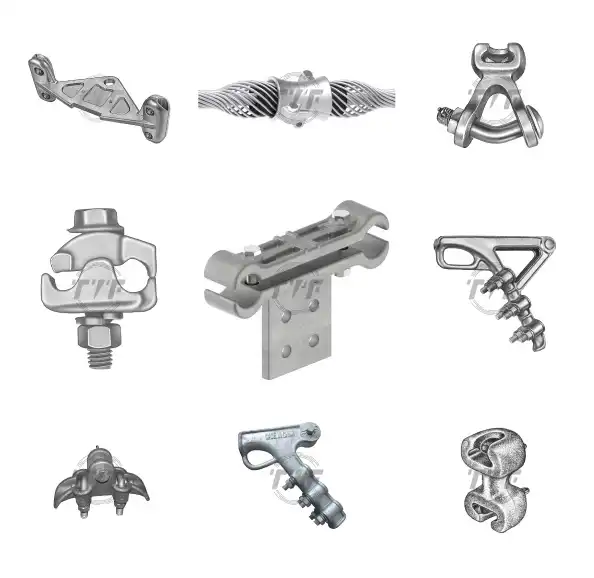Smart metering has great potential for both energy providers and consumers in South America. Smart metering technologies are being implemented into large-scale projects in the region. In 2023, there were 14 million smart meters in place in the region, with the number expected to go up in the next 6 years. Smart meters help to measure and record energy consumption in real time. Meanwhile, pole line hardware plays a crucial role in supporting smart metering technologies. They enable data collection, communication, and grid management. These components include smart meters, communication modules, sensors, and insulators. By using these components, utilities can improve grid efficiency, reduce energy losses, and ease the integration of renewable energy sources. Use of smart meters improves the reliability and efficiency of the electrical grids in South America. Let’s analyze the impacts of smart meters in South American energy infrastructure.
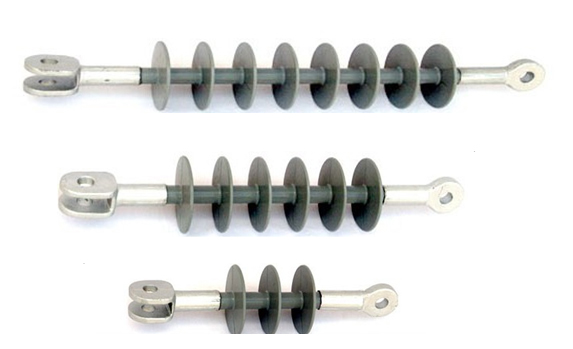
The evolution of smart metering technology will help in the transition to a more sustainable and smarter energy future. Smart meters provide an opportunity to take control of their energy consumption and contribute to a more resilient grid. The use of insulators in this technology helps to ensure the safe and efficient operation of electrical components. Common insulators used include post insulators, strain insulators, stay insulators, and suspension insulators. The insulators protect the devices from electrical leakage, short circuits, and interference. The insulators also separate high-voltage components from low-voltage circuits within the smart meter. They also protect maintenance personnel from electric shocks by keeping conductive parts insulated.
Smart metering technology efforts and insulators as solutions
Brazil stands out as the region with the most advanced efforts in smart metering technology. The country is the largest economy in South America, leading in adopting and promoting smart grids and smart metering. This is driven by its large market, diversified energy sources, and government initiatives. Smart meter penetration in Brazil will increase from 5.6 percent in 2023 to 18.8 percent in 2029. Additionally, other countries making steps in smart metering technologies. This includes countries like Bolivia, Paraguay, Chile, Colombia, and Argentina. Insulating materials in smart meters prevent the electromagnetic interference between the communication systems and the electrical components of the meter. Here are the key factors in Brazil’s smart metering leadership.
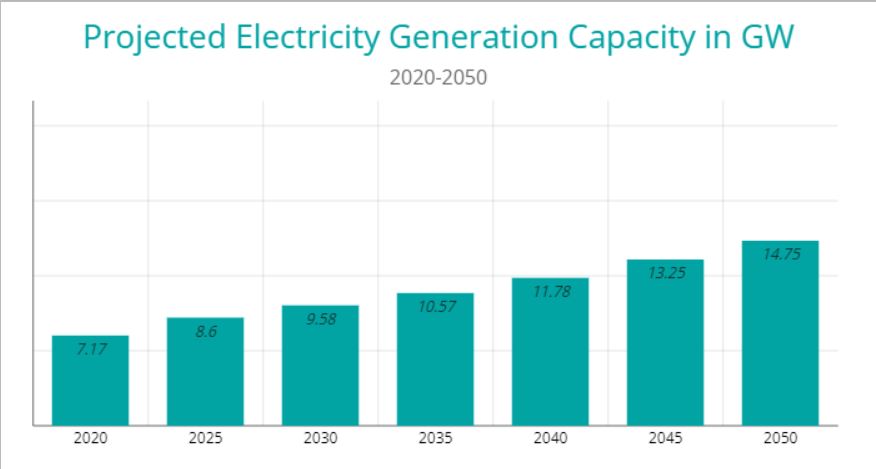
- Integration of renewable energy – Brazil is the largest producer of renewable energy in South America. The country is working on integrating more distributed energy resources into the grid. Smart metering technologies help to optimize this integration.
- Large-scale rollout of smart meters – utility companies in Brazil have led large-scale smart meter rollouts in major cities. These projects aim to provide real-time consumption data, prevent electricity theft, and improve grid reliability.
- Consumer empowerment – smart metering programs in Brazil are empowering consumers to track and reduce their electricity usage. Some of the regions are seeing increased deployment of smart meters that allow households to track energy consumption in real-time and reduce costs.
- Government initiatives and regulations – the regulatory body in Brazil has been pushing for the adoption of smart meters. This is by introducing pilot projects to encourage companies to invest in smart grids and smart metering systems. These initiatives also focus on reducing non-technical losses like electricity theft.
Benefits of using insulators in smart metering technologies
Use of insulators in smart metering technologies helps to enhance the performance and safety of the systems. The insulators protect smart meters and improve the accuracy and performance of the entire smart grid system. This makes it an indispensable component in modern energy infrastructure. South American countries can adopt the insulators to ensure the safety and efficiency of their systems. Discussed below are the ways insulators impact smart metering technologies in South America.

- Electrical safety – insulators protect smart meters against electrical leakage to prevent current from flowing through unintended paths. This reduces the risk of short circuits or electrical shocks to personnel working with the meters.
- Improved reliability – insulators help isolate the components in the smart meter. This is to prevent interactions between high-voltage and low-voltage parts.
- Enhanced durability – using insulators shields the internal components from moisture, dust, extreme temperatures, and UV radiation.
- Protecting from signal interference – smart meters depend on wireless communication to send data to utility companies. Insulators reduce electromagnetic interference to ensure clear and reliable data transmission.
- Energy loss prevention – the insulators reduce energy loss by preventing leakage of electrical current from conductive components.
- Grid stability – insulators protect smart meters from faults, prevent cascading failures, and maintain safe and efficient operation. This plays a significant role in the stability of the smart grid in South America.
Importance of smart metering technology in electric grid reliability
Smart meters help improve the reliability, stability, and resilience of the electric grid. They also empower utilities and consumers to optimize energy use and prevent disruptions. Smart meters have the ability to improve grid visibility and ease better decision-making. This makes them an integral component in modernizing the power infrastructure. Additionally, using insulators helps to ensure the stability of the smart grid by protecting smart meters from faults. Let’s look at the importance of smart meters in enhancing grid reliability.
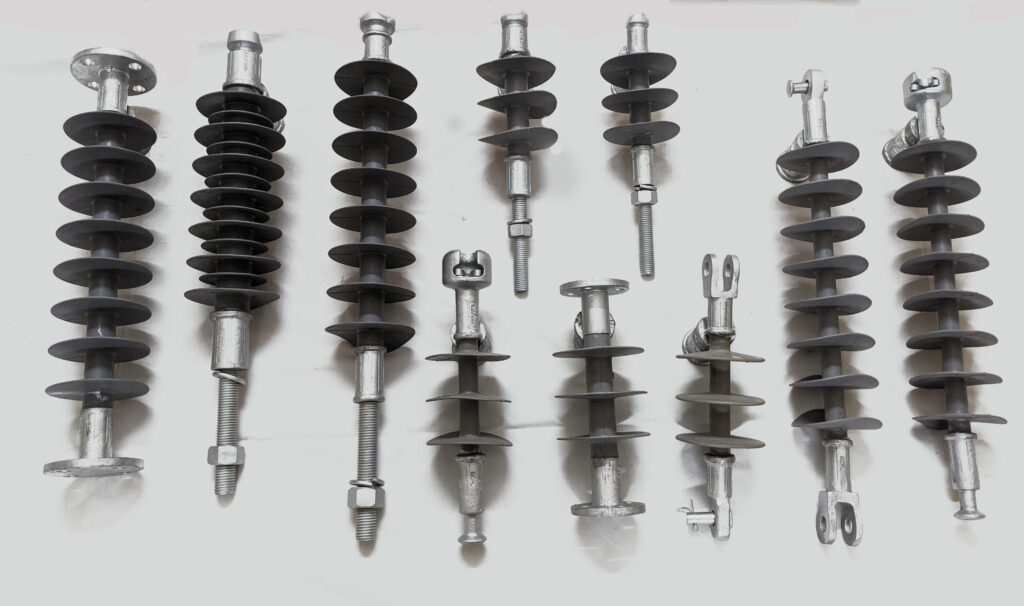
- Real-time monitoring and data – the smart meters collect real-time data on energy consumption. This helps grid operators to track grid performance and identify potential faults before they intensify. Continuous monitoring helps reduce the risk of outages or disruptions.
- Improved load balancing and demand management – smart meters’ track energy usage at different times. Smart meters help prevent grid overloads and reduce the likelihood of blackouts during high demand periods.
- Renewable energy integration – integration of solar panels and wind turbines makes management more complex. Smart meters help by monitoring energy flow from distributed sources to ensure proper use and integration of power. They also help stabilize the grid and support a more sustainable energy system.
- Enhanced grid resilience – utilities can identify potential failures within the grid before they lead to bigger issues. This is from data collected from smart meters in the system. This helps reduce unplanned outages and help maintain grid reliability.
- Support for microgrids and distributed energy resources —smart meters help in this development. Smart meters allow for coordination between the main grid and the localized energy systems.
- Consumer empowerment – smart meters provide consumers with detailed insights into their energy usage.
Limitations of smart metering technologies
As South America continues to adopt smart meters in the energy infrastructure, they should address the several challenges. These limitations arise from economic, technical, and social issues. Therefore, the South American government needs to set up strategic investments in grid modernization, regulatory frameworks, consumer education, and robust cybersecurity measures. Further, using insulators in smart meters helps to enhance safety, reliability, and efficiency. This makes them part of the solution for deploying smart meters across the region. The following are the impacts of smart metering technologies in South America.
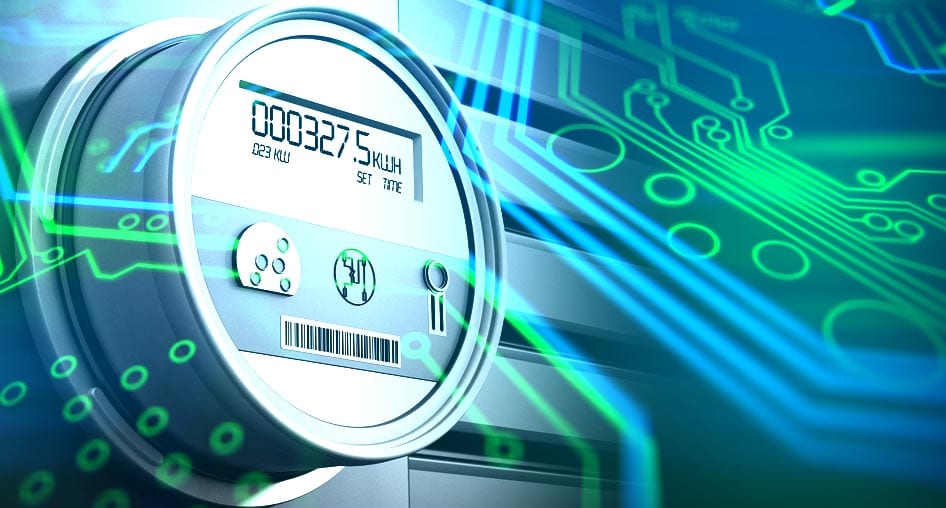
- Lack of modernized grid infrastructure – it is important to modernize the existing infrastructure before implementing smart metering. This helps the smart meters to see their full potential in enhancing grid reliability and energy efficiency.
- Limited scalability in rural areas – many parts of South America still lack reliable access to electricity. These areas may be left behind in smart metering initiatives. This leads to unequal access to modern energy management technologies.
- Data privacy – smart metering involves collecting large amounts of detailed data on energy consumption. Some countries lack stringent data privacy regulations, leading to concerns about the collection, storage, and use of data. The meters are also vulnerable to cyberattacks, and many utilities may not have the necessary infrastructure for protection.
- Regulatory and policy barriers – regulatory frameworks for smart metering technologies vary across the region. Regulatory uncertainties can delay smart meter adoption and make it difficult for utilities to put in place strategies.
- Environmental impacts – smart metering technologies have both positive and negative environmental impacts. On the positive side, they reduce energy consumption and carbon emissions and ease renewable energy integration. On the negative side, they lead to a potential increase in energy demand for data centers, over-reliance on fossil fuels, and increased energy use in smart meter production.
Conclusion
In summary, smart metering technologies in South America have the potential to revolutionize energy demand and consumption. Smart meters can improve energy efficiency, reduce carbon emissions, ease renewable energy integration, and enhance grid reliability. They also reduce non-technical issues like energy theft and reduce the need for manual meter reading. Smart metering technologies face several challenges that need to be addressed. This also helps to realize their full potential. Such challenges include high initial costs, environmental impacts, data privacy, regulatory and policy frameworks, and limited scalability.
While insulators may not address all these challenges, they help in addressing some of the challenges. This is by enhancing grid stability, reducing maintenance costs, and preventing energy losses. At TTF Power Systems, we are a one-stop-shop for utility pole hardware fittings, Power line insulators and power line construction equipment. We provide our customers with the most extensive range of products in the industry, excellent value and knowledgeable service.
It is therefore important for utility companies to invest in grid modernization, put in place robust regulatory frameworks, address energy theft, optimize data management, and enhance consumer engagement. For consumers, they should embrace energy efficiency, support renewable energy, understand smart meter benefits, and adopt sustainable practices like reducing E-waste and supporting green initiatives.
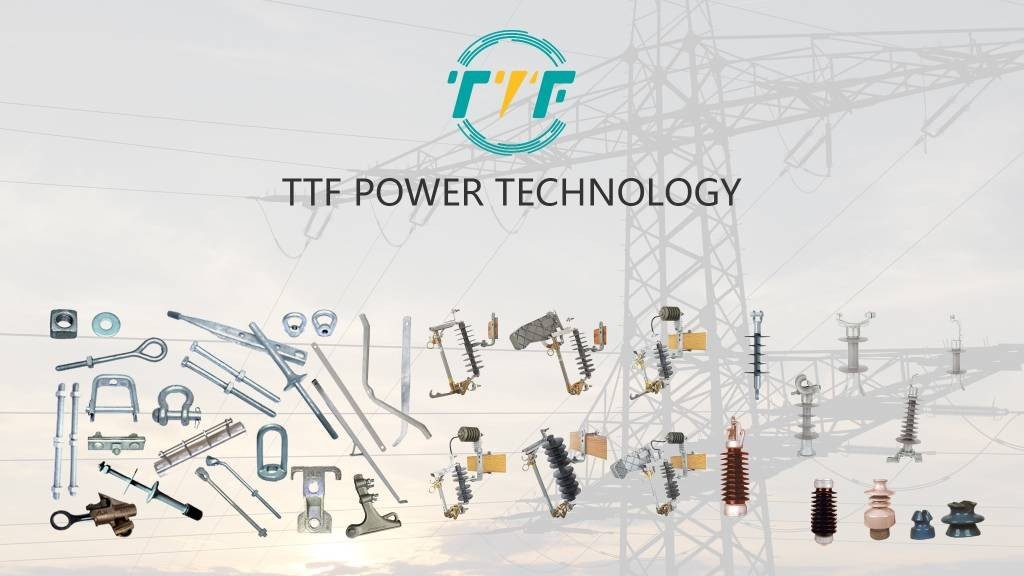
Sources:

